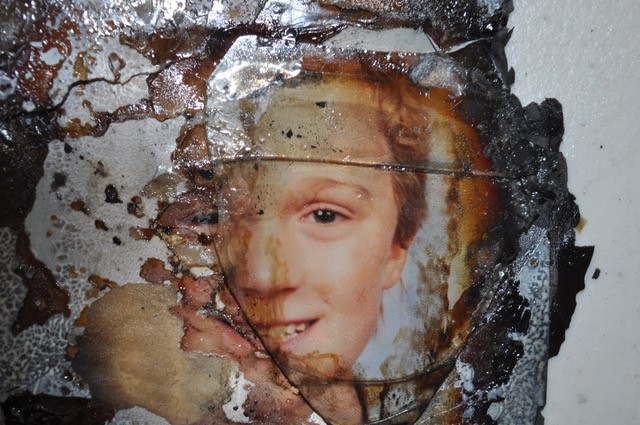
The urgent need for institutions to understand and implement Cultural Heritage Disaster Risk Management Plans has been magnified by recent catastrophic fires, cyclones and ongoing floods that are devastating sites of great cultural significance all over Australia.
Heritage professionals in Australia, a country known for its great environmental and climatic extremes, therefore need to adopt world-leading management practices to mitigate the imminent loss, according to a leading archaeology and cultural heritage academic at Flinders University.
Dr Ania Kotarba-Morley, Senior Lecturer in Archaeology at Flinders University and an expert member of UNESCO advisory bodies ICOMOS-ANZCORP (International Committee on Monuments and Sites – Australia and New Zealand Risk Preparedness Working Group) and ICAHM (International Committee for Archaeological Heritage Management), has organised a workshop from 26-28 July to discuss improved risk management that will help institutions mitigate damage to places and items of significant cultural heritage.
The three-day workshop taught with another ICOMOS-ANZCORP Expert – leading conservation architect Catherine Forbes, from Sydney – is the first of its type held in Australia and will present case studies of dramatic disaster events that have affected natural and archived cultural heritage sites and items.
The workshop will introduce the participants to the process of identifying and managing risks to heritage places, including their landscape settings, interiors collections and movable heritage.
It will include a presentation by the director of a museum in Lismore, New South Wales, which was overwhelmed by floodwaters, and other cultural institutions affected by earthquakes in Christchurch, bushfires throughout NSW, cyclones in the Northern Territory, and land erosion caused by rising sea levels in Torres Strait Islands.

“Climate change impacts and natural disasters such as sea level rise, coastal floods, extreme weather and increasing bushfire frequency and intensity put many archaeological and heritage sites at risk from erosion, inundation and destruction,” says Dr Kotarba-Morley.
“This potential loss of heritage – both tangible and intangible – is grave and requires immediate mitigative action.”
The three-day workshop on ‘Introduction to Disaster Risk Management for Cultural Heritage’ is being delivered by the ICOMOS Joint Scientific Committee on Risk Preparedness for Cultural Heritage in Australia and New Zealand in collaboration with Flinders University.
The workshop has been booked to capacity, with participants from Australian and NZ governmental agencies, including at least 10 Indigenous Traditional Owners from across Australia (including Torres Strait Islands, Northern Arnhem land and remote regions of QLD, SA, NSW and VIC). They will be joined by more than 80 online participants from throughout Australia and the Pacific region, including NZ, Micronesia, Palau, PNG and Fiji.
“The course takes a multi-hazard approach and will engage multiple areas of expertise ranging from emergency management, emergency response, cultural heritage management, policy, and strategic planning for disaster,” says Catherine Forbes.
The workshop will highlight identifying and managing disaster risks to heritage places, including their landscape settings, archaeology, interiors, collections and movable heritage.
It will explain emergency management, emergency response, cultural heritage management, policy and strategic planning for disaster, and developing strategies for responding to and recovering from disasters.
It will also include reflections from Indigenous Traditional Owners from different parts of Australia about the aftermath of losing valued cultural heritage items.
Presenters at the workshop, featuring two days of lectures and one day in the field to put theory into practice, will include:
- Ania Kotarba-Morley, Senior Lecturer in Archaeology, Flinders University, Adelaide
- Catherine Forbes, Principal, GML Heritage, Sydney.
- Victoria Pearce, Director, Senior Cultural Conservator, Endangered Heritage, Canberra.
- Associate Professor Temitope Egbelakin, School of Architecture and Built Environment, University of Newcastle.
- Helen McCracken, Principal Advisor, New Zealand Ministry of Culture and Heritage.
- Vanessa Tanner, Manager Archaeology, Heritage New Zealand.
The full program for the workshop can be found here: https://www.flinders.edu.au/engage/community/short-courses/disaster-risk-management-for-cultural-heritage

